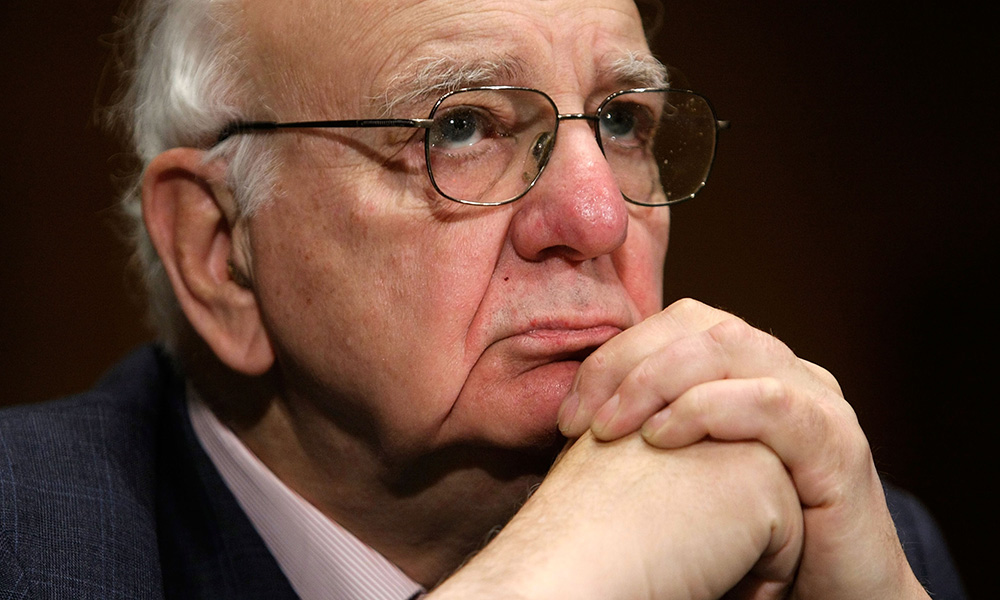
Banking Association Angles for Wiggle Room on Contentious Volcker Rule
An American Bankers Association lawsuit filed last week over the long-in-the-works Volcker Rule has financial regulators looking to soften what the association says could be an immediate financial hit for its members.
An American Bankers Association lawsuit filed last week over the long-in-the-works Volcker Rule has financial regulators softening: They say they’ll take another look at a section of the new rule, which the association says could hit its members hard.
The opening salvo against a high-profile new banking regulation seems to have hit its target.
The Volcker Rule, a financial regulation intended to put a barrier between commercial banks and speculative investments, drew its first lawsuit last week, over an aspect of the rule that one association says could severely impact its members. The result? Regulators are already taking notice.
More details below:
The Volcker Rule, in a nutshell: The rule, which was finalized last month, restricts consumer banks from taking part in risky “proprietary trading”—that is, investing or acting as a hedge fund might—in an effort to limit speculative investments that otherwise do not help customers. Part of the 2010 Dodd–Frank Wall Street Reform and Consumer Protection Act, the rule was inspired by former Federal Reserve Chairman Paul Volcker, who encouraged the restrictions as chairman of the President’s Economic Recovery Advisory Board in 2009. “The point of departure is that adding further layers of risk to the inherent risks of essential commercial bank functions doesn’t make sense, not when those risks arise from more speculative activities far better suited for other areas of the financial markets,” Volcker wrote in a New York Times op-ed on the rule in 2010.
Rife with controversy: The rule, based on Volcker’s stance but expanded into a document covering hundreds of pages [PDF], has remained contentious since it was proposed. The Securities and Exchange Commission fielded tens of thousands of comments on the proposal, with notable ones coming from banking associations and activists tied to the Occupy Wall Street movement. In the days after the rule was finalized last month, a number of commentators and industry groups raised concerns that the final version creates heavy compliance demands, though financial industry experts told Reuters that the final rule was softer than it could have been.
The lawsuit: Days after the rule was finalized, the American Bankers Association (ABA), which largely represents community banks, sued over an aspect of the regulations that it argued would hit its members hard: It would force ABA members to drop a financial instrument—a collateralized debt obligation (CDO) backed by trust-preferred securities—that many banks invested in before the financial crisis. Under the Volcker rule, 275 small banks would face a financial hit of $600 million, the association claims. (One Salt Lake City-based bank, Zions Bancorp, said that it faced a $387 million charge.) Soon after the lawsuit was filed, federal regulators promised a review of that aspect of the law. The ABA announced it would drop its request for a temporary restraining order, though the lawsuit remains pending.
Paul Volcker, the former Federal Reserve chair who inspired the recently finalized Volcker Rule. (Photo by Alex Wong/Getty Images)






Comments